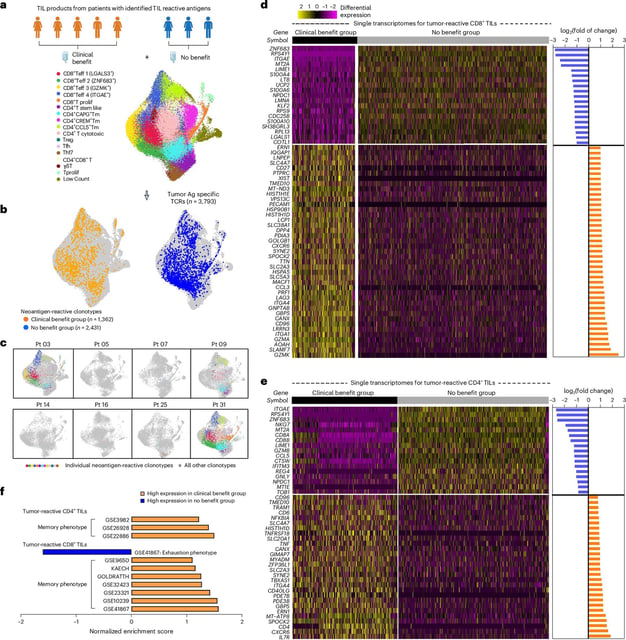Overview
- Researchers at Moffitt Cancer Center published findings in *Nature Cancer* detailing why some patients with metastatic non-small cell lung cancer (NSCLC) do not respond to tumor-infiltrating lymphocyte (TIL) therapy.
- The study identified two major resistance mechanisms: the inability of infused TILs to persist and remain functional, and the loss of tumor neoantigens, which enables immune evasion.
- Patients who responded to TIL therapy maintained durable, active T cells and stable tumor antigens, while non-responders experienced rapid T cell decline and antigen loss.
- Strategies to enhance T cell longevity and reintroduce or stabilize key tumor antigens are proposed as potential solutions to improve therapy efficacy.
- To accelerate progress, the researchers have made their sequencing data publicly available through the National Institutes of Health archives, fostering global collaboration.
